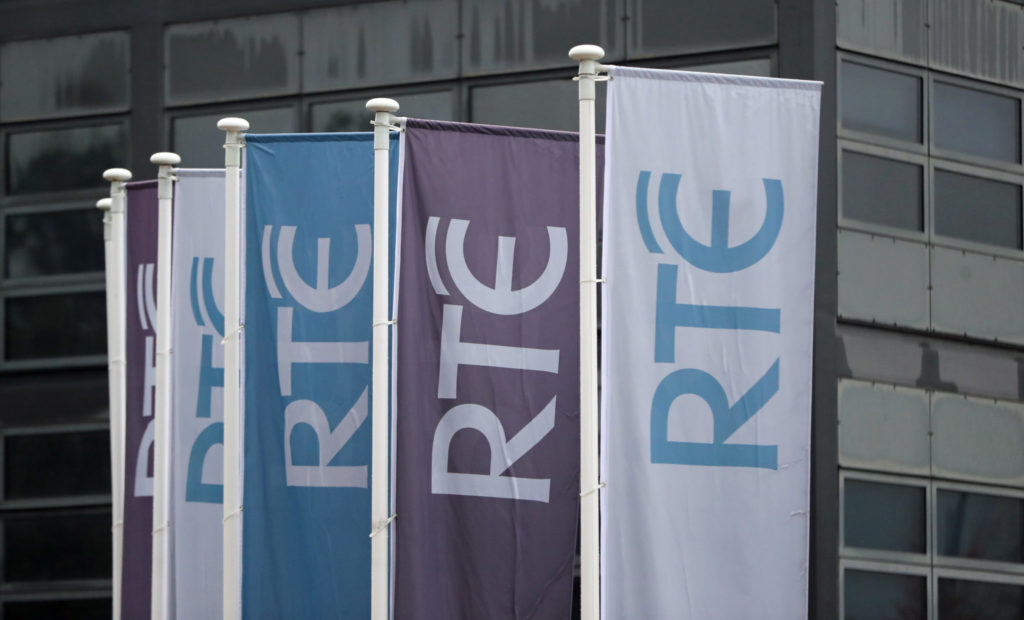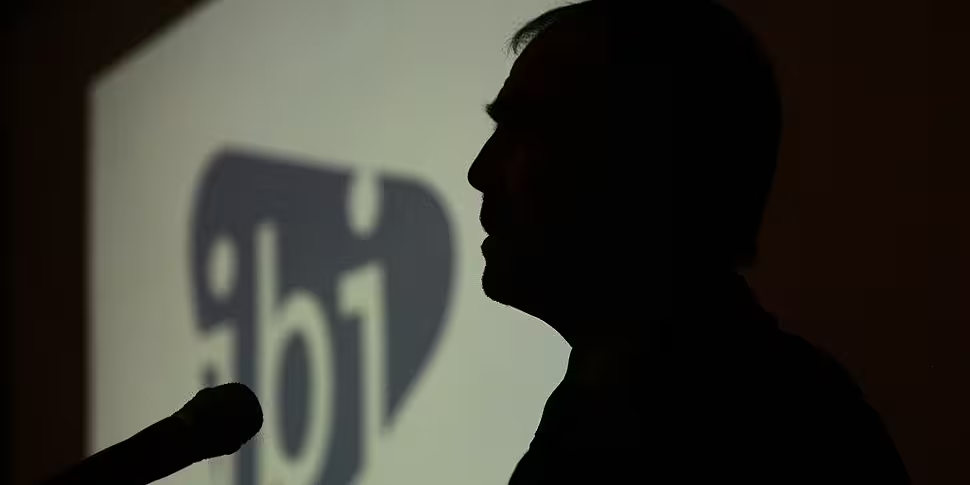The Independent Broadcasters of Ireland (IBI) says any commission on the future of public service broadcasting must include more than RTÉ.
The Government is to set up a Commission on the Future of Irish Public Service Broadcasting as a direct response to a revised strategy by the State broadcaster.
It is to review the current approach and make recommendations on setting a new strategic direction for public service broadcasting at national, regional and local level.
It will bring forward proposals by September 2020.
RTÉ submitted a revised strategy which has now been considered by Government, in light of its financial difficulties.
The Government has agreed to provide an additional €50m in funding to the broadcaster over the next five years.
This additional funding will mean new reporting requirements - including monthly meetings between RTÉ and the Department of Communications.
 RTÉ headquarters at Donnybrook in Dublin | Image: Niall Carson/PA Wire/PA Images
RTÉ headquarters at Donnybrook in Dublin | Image: Niall Carson/PA Wire/PA ImagesThe funding will come from the Department of Social Protection vote, in respect of free TV licences, and is to be provided in the 2020 revised estimates.
The IBI, which represents Ireland's 34 independent radio stations, has cautiously welcomed the planned establishment of a commission.
But it says RTÉ is not the only broadcaster producing public service content.
Chairman of the IBI, John Purcell, says: "The new Commission on the Future Funding of Irish Public Service Broadcasting must recognise the reality of the Irish media landscape.
"This includes the fact that RTÉ is not the only broadcaster providing public service broadcasting.
"The remit of the commission needs to look beyond RTÉ and focus on the future of all broadcasters with a statutory public service remit.
"Independent radio stations carry onerous public service obligations as part of their broadcasting contracts.
"These include news, current affairs, Irish language programming, farming and business programming and coverage of sporting events at a local, regional and national level.
He adds: "Given that 70% of the audience tune into independent radio stations every day, the new commission cannot ignore the importance, impact and public service contribution of these radio stations."
And the National Union of Journalists (NUJ) has also urged the Government to broaden the remit of the proposed commission.
Its Irish secretary Séamus Dooley says a commission limited to public service broadcasting would be a "missed opportunity".
Mr Dooley says: "The NUJ cautiously welcomes the idea of a commission and would welcome clarification of the terms of reference and membership.
"For many years this union has been calling for a commission on the future of the media - print, broadcast and digital - covering all aspects of ownership, control, market dominance, employment standards and measures to address the lack of diversity and representation of many groups.
"While action to address the future of public service broadcasting is welcome, there is a compelling case for a wider commission.
"There is no reason why such a commission could not be established with a broad remit but examining public service broadcasting in the first instance."
Communications Minister Richard Bruton says: "RTÉ must make changes to re-position itself.
"However, it is also important that a careful assessment take place of what are the models and funding mechanisms that can best support the continuing important public service goals.
"This is Government meeting RTÉ halfway on the financial challenges they face."









